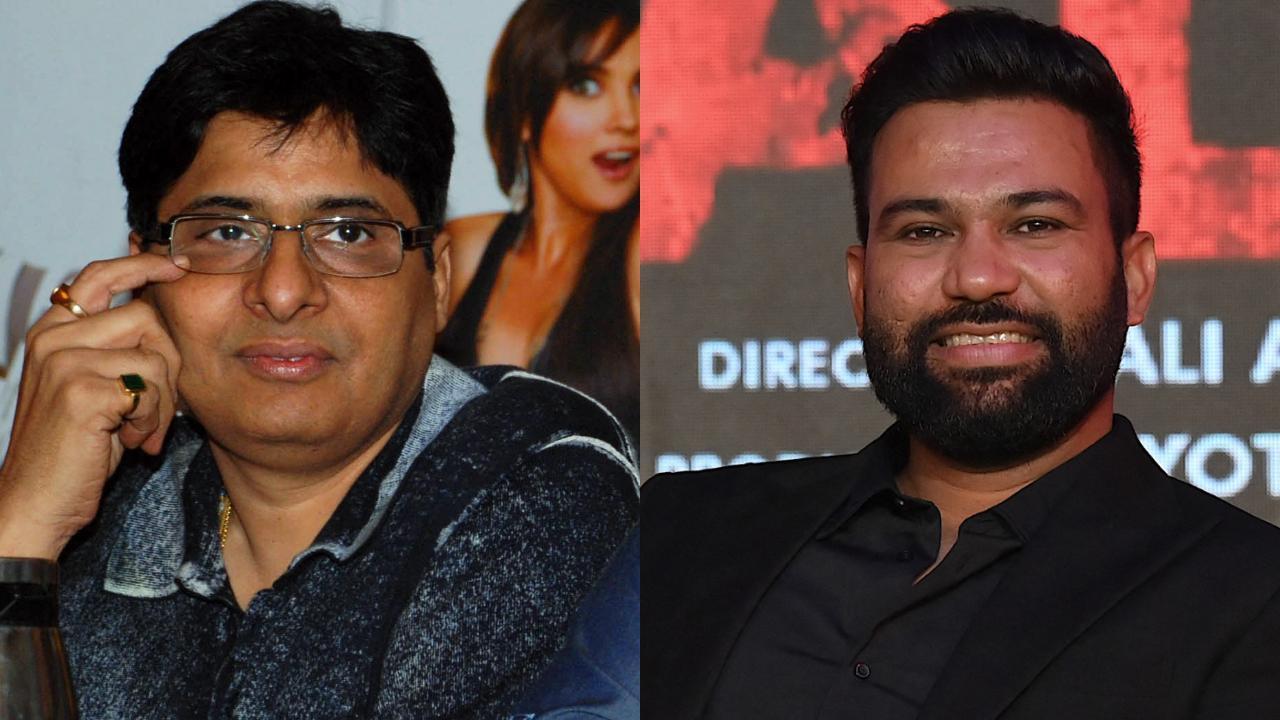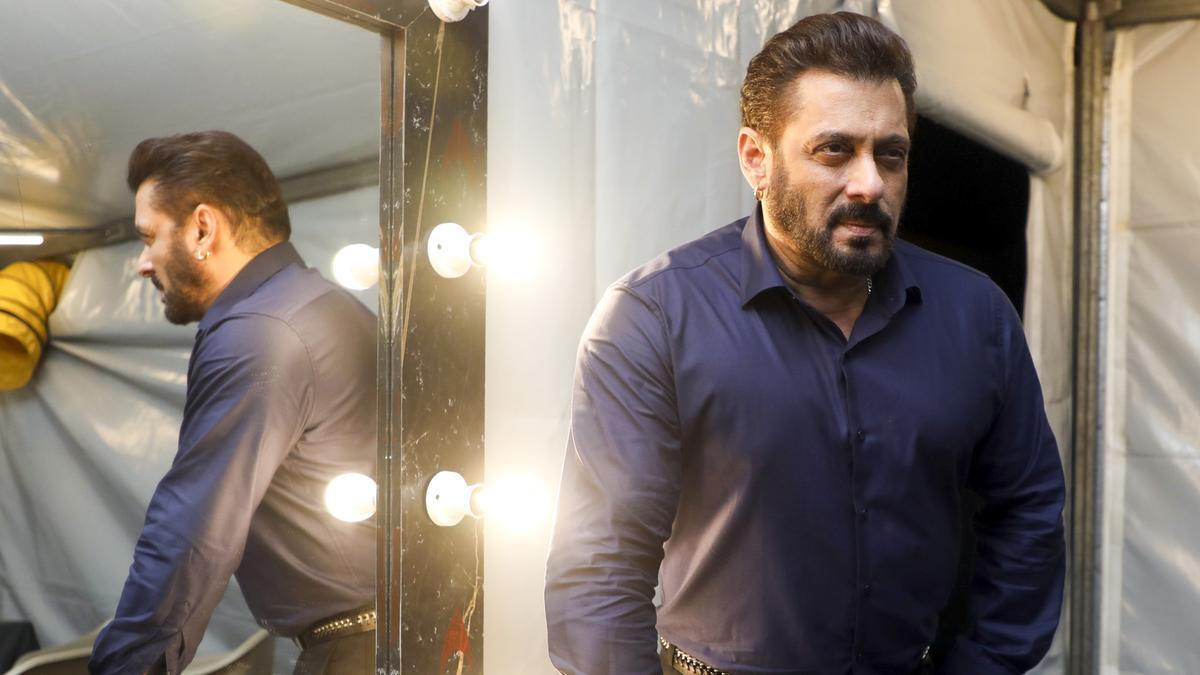
For Ryan Murphy, widely known for his distinctive approach to storytelling, to have waited so long to tackle the infamous Menendez brothers story comes as a surprise to many. The gruesome case, involving the brutal murders of José and Kitty Menendez at the hands of their sons, seemingly embodies the quintessential Murphy-esque show. The setting – a luxurious Beverley Hills home turned crime scene – only adds to its allure. However, beneath the lurid details lies a narrative that is considerably more complex and uncomfortable. In their attempt to dissect the motivations behind the gruesome actions of Lyle and Erik Menendez, Murphy and his co-showrunner Ian Brennan struggle to articulate the finer nuances involved.
To provide some context, the Menendez family found themselves at the epicenter of media hysteria in 1989. The murders committed by Lyle and Erik against their parents José and Kitty quickly captivated the public’s imagination. This was not just due to the brutality of the crime, but also because every detail was broadcast, fostering a torrent of public opinion. The case pervaded American homes, even becoming fodder for a Saturday Night Live parody.
In “Monsters: The Lyle and Erik Menendez Story,” the latest installment of Murphy’s Monster series, Murphy ventures once again into the realm of true crime – a genre where his grasp has been notably less assured compared to his mastery of horror anthologies. Spanning nine episodes, Murphy and Brennan navigate the murder case, but place significant emphasis on the events that audiences haven’t seen. These include the period between the crime and the brothers’ eventual capture, along with their prison experiences as they prepared for their defense. Presented in a non-linear format, the story also casts a retrospective gaze on José and Kitty Menendez as parents, portrayed by Javier Bardem and Chloë Sevigny, respectively.
At the outset, Murphy and Brennan sketch rudimentary character profiles of Lyle and Erik, but the series falters when it comes to developing these characters with more depth. Lyle and Erik remain unrepentant, immersing themselves in the hedonistic Hollywood lifestyle. The series, at this juncture, seems to merely echo the narrative once proliferated by mainstream media during the early ’90s.
An arresting aspect of the Menendez brothers’ case lies in the inevitable shift in public perception.
. Their courtroom revelations of sexual abuse at the hands of their father José fundamentally altered the narrative surrounding the murders. This aspect has been a cornerstone in various adaptations of the incident.
However, in Murphy’s Netflix adaptation, while sexual abuse claims are not outright dismissed, the showrunners seem more invested in presenting an array of possibilities, including the speculation that these allegations might have been fabricated. This ambiguous approach results in a series that vacillates, lacking a clear, definitive stance.
Murphy and Brennan’s narrative approach is characterized by a series of “what ifs,” suggesting numerous speculative scenarios. What if the brothers were malevolent individuals driven solely by greed? What if there were more sinister, undisclosed secrets between them? Vanity Fair reporter Dominick Dunne, played by Nathan Lane, becomes an avatar for these conjectures, epitomizing societal curiosity and skepticism. By the series’ end, the script degenerates into a medley of sensational theories.
A recurrent problem in Murphy and Brennan’s true crime ventures, including their previous work “The Watcher” (2022), is their difficulty in delivering conclusive, satisfying endings. Their storytelling often lacks a coherent thread for the audience, leaving viewers unconvinced and yearning for resolution.
Despite the script’s deficiencies, the show’s production values reflect Murphy’s signature opulence. The stellar performances by the cast attempt to breathe life into the faltering narrative. Javier Bardem commands the screen as the domineering José Menendez, with Chloë Sevigny depicting Kitty as a fragile matriarch. Nicholas Alexander Chavez and Cooper Koch navigate the more delicate emotional undertones of the series, with Koch standing out notably in the fifth episode.
“Monsters: The Lyle and Erik Menendez Story” revisits a tale that has been explored time and time again, shedding light on issues of sexual abuse and the sensationalism of American media in the ’90s. Yet, under the direction of Ryan Murphy and Ian Brennan, it devolves into a chaotic blend of fact and embellishment, losing its narrative clarity along the way.
“Monsters: The Lyle and Erik Menendez Story” is currently available for streaming on Netflix.
Published – September 23, 2024 01:10 pm IST










